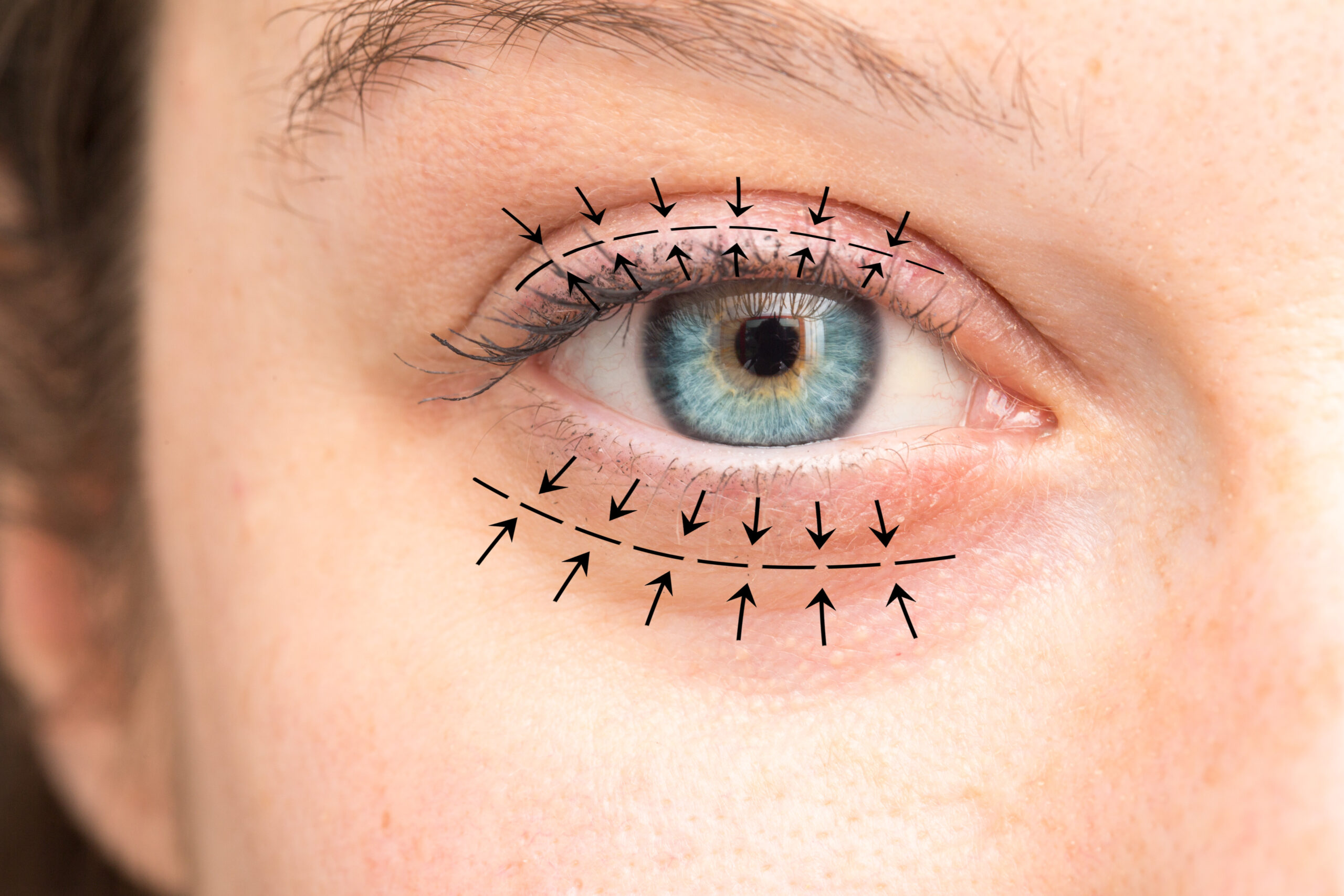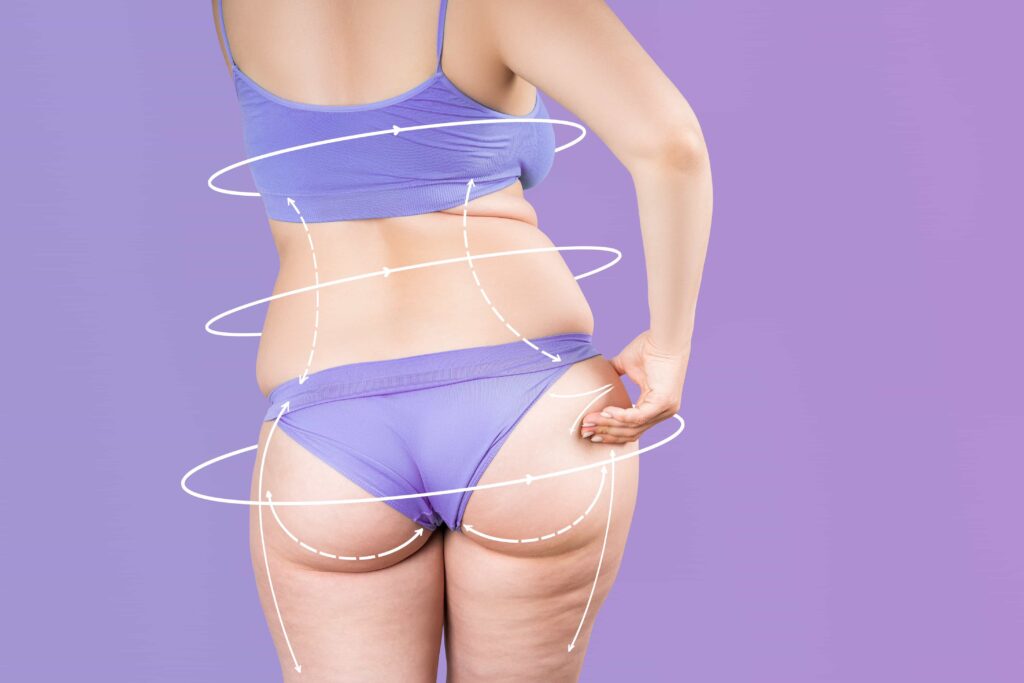A cosmetic procedure used to change the position, shape, or size of the ear using permanent sutures.
A cosmetic surgical procedure designed to correct deformities and defects of the auricle, regardless of whether these abnormalities are congenital in nature or the result of trauma.

Otoplasty is a surgery that reshapes the ears to fix structural problems. It improves the ears’ appearance and can boost self-confidence. However, it does not improve hearing.
Why people choose otoplasty:
Many people get otoplasty to correct ear issues they’ve had since birth, such as:
•Uneven or misshaped ears or earlobes
•Ears that stick out
•Small or tightly folded ears
•Missing ear cartilage
Others may need the procedure after an injury, like a car accident, animal bite, or sports-related trauma.
One common injury is “cauliflower ear,” which often affects boxers, wrestlers, and MMA fighters. If the damage is permanent, a surgeon may recommend otoplasty to restore a more natural shape.
Best age for otoplasty:
You can have otoplasty once your ears are fully developed. Most surgeries happen after age four, but many adults also choose the procedure.
Otoplasty offers several benefits through different procedures.
Ear Pinning
Surgeons often recommend ear pinning for people, especially children, with ears that stick out. This procedure moves the ears closer to the head and reshapes the cartilage if needed.
Ear Reduction
People with very large ears, a condition called macrotia, may benefit from ear reduction. In this surgery, the doctor removes extra tissue to make the ears smaller.
Ear Augmentation
Some people have small, misshaped, or underdeveloped ears, known as microtia. Ear augmentation helps build up the outer ear. Surgeons usually use cartilage or tissue grafts to do this.
– Undergoing ear surgery with a qualified and registered cosmetic surgeon can address aesthetic concerns.
– Correcting ear size and shape can significantly enhance self-confidence.
– Otoplasty allows individuals to move into adulthood without insecurities related to ear appearance.
– Results of otoplasty are enduring and visible almost immediately after the procedure.
– Otoplasty results in the formation of scars due to the surgical procedure.
– A skilled cosmetic surgeon minimizes incisions and conceals them within the ear’s natural creases.
– Temporary alterations in skin sensation may occur following the procedure.
– The surgery aims to correct asymmetrical ear positioning, but perfect symmetry may not always be achieved.
– Natural healing processes can affect the final outcome of ear symmetry.
– Otoplasty may create contours that can give the appearance of ears being pinned back.
What Happens During Otoplasty?
Otoplasty is usually an outpatient procedure. This means you can go home the same day.
Before surgery, your doctor gives you anesthesia to keep you comfortable. You may receive general anesthesia to sleep through the procedure, or local anesthesia with sedation to stay relaxed but awake.
The surgical steps can vary, but most otoplasty procedures include:
•Making a small cut behind the ear or in a natural fold
•Removing or adding tissue to reshape the ear
•Adjusting the ear’s position or size
•Closing the cut with stitches
How Long Does It Take?
Otoplasty surgery usually takes between one and three hours, depending on your specific needs.
Recovery after otoplasty is usually quick. Most people return to normal activities soon after surgery.
You will wear a bandage around your head for a few days. After the bandage comes off, your doctor may ask you to wear a headband to support healing.
Avoid hard exercise and bending over for a few weeks. These actions can put pressure on your ears and slow recovery.
Full healing usually takes six to eight weeks.
Noticeable aesthetic improvements may be observed within two to three weeks post-procedure. It is important to recognize that healing times can differ among individuals.
Otoplasty, like any surgery, comes with its share of risks. These can include bleeding, infection, and potential reactions to anesthesia, which can be a concern for many. Additionally, there is the possibility of scarring. While scars are a permanent reminder of the procedure, they are usually discreetly located behind your ears or tucked within their natural creases, making them less noticeable in everyday life. It’s important to weigh these factors and discuss them with your surgeon to ensure you’re fully informed before making a decision.
In the United States, the average cost of an otoplasty procedure generally ranges from $3,700 to $5,000.









